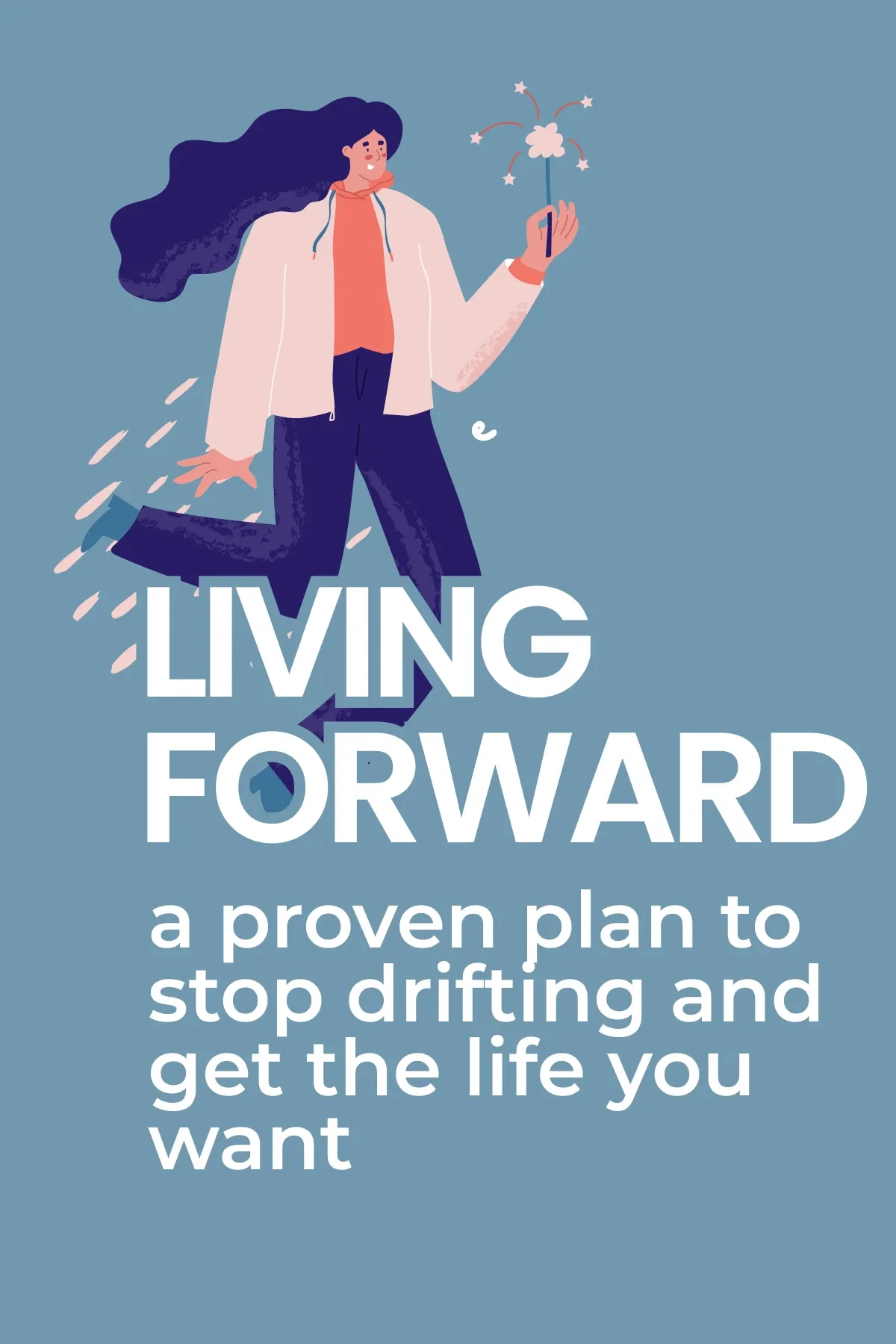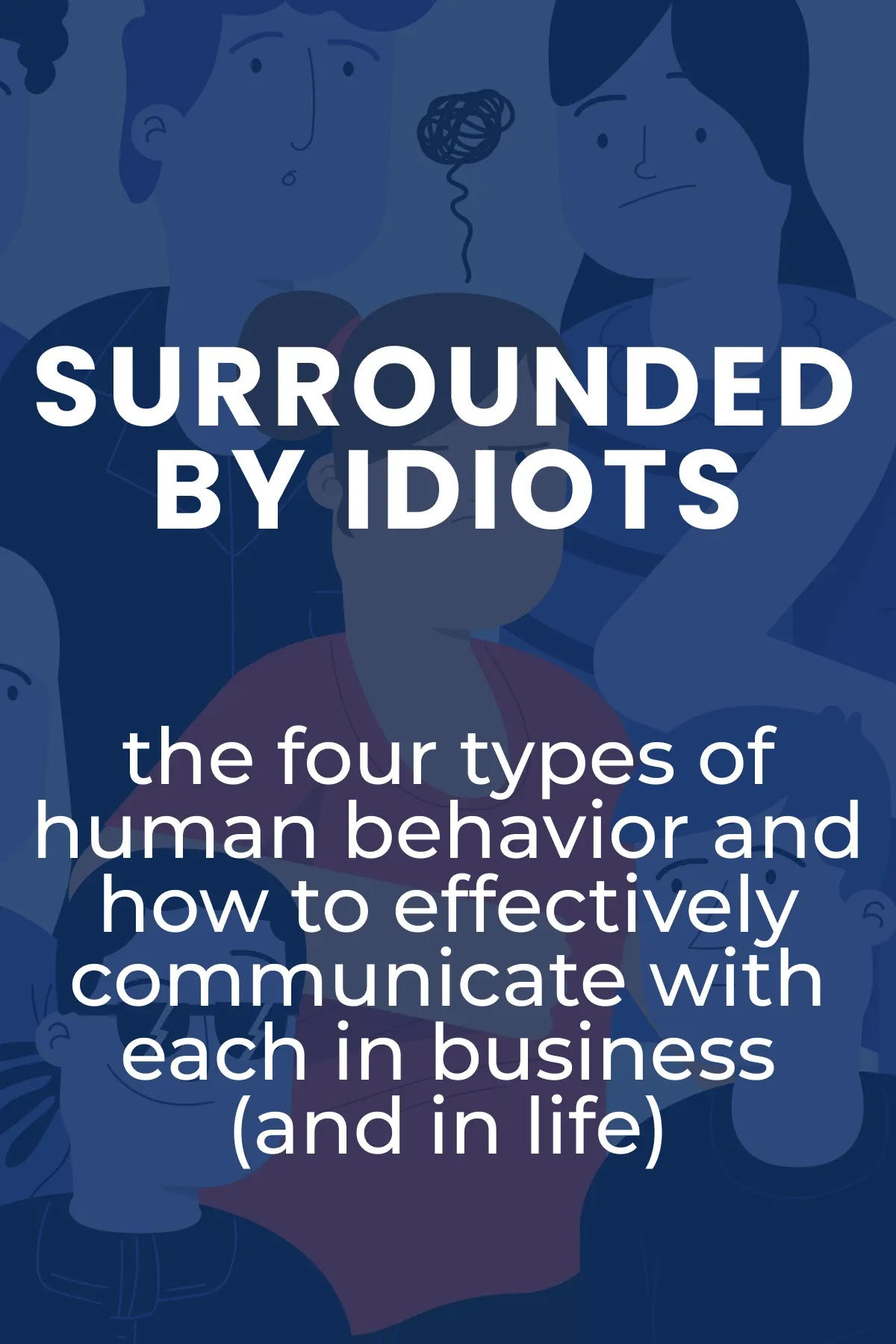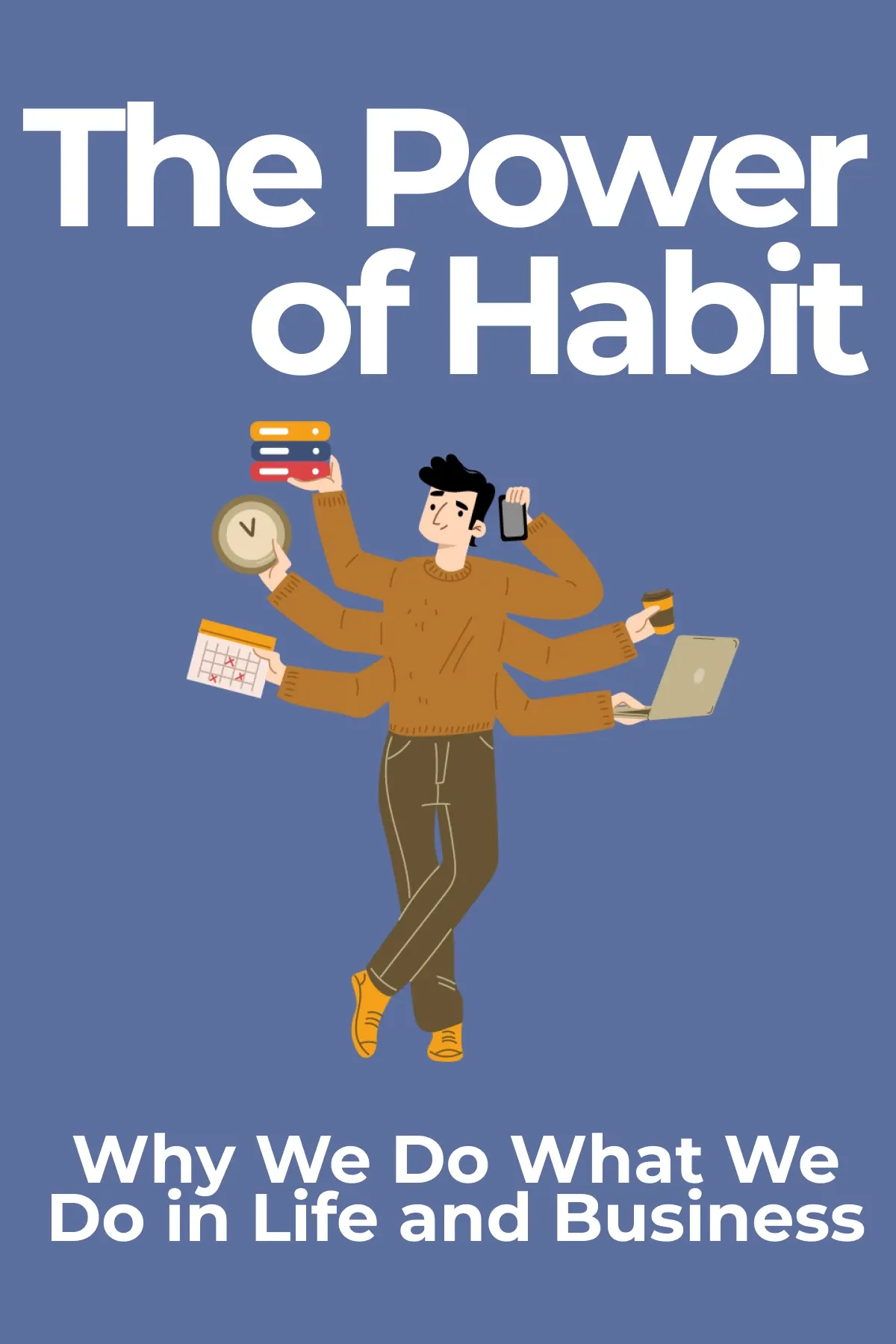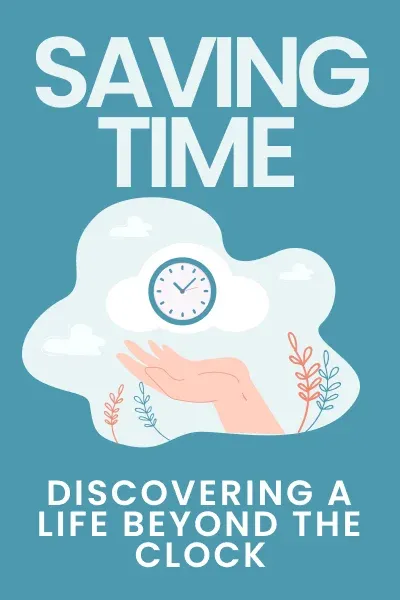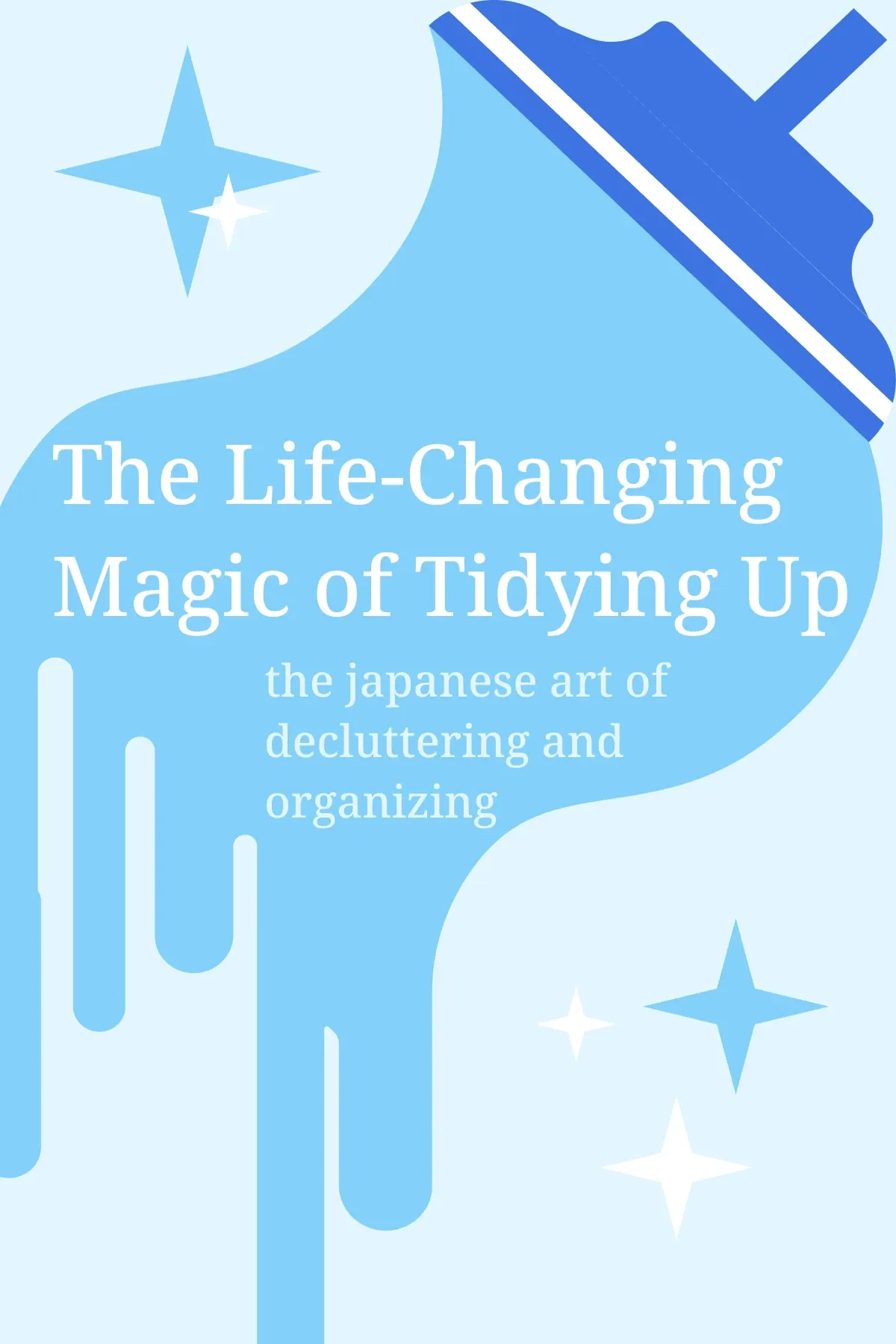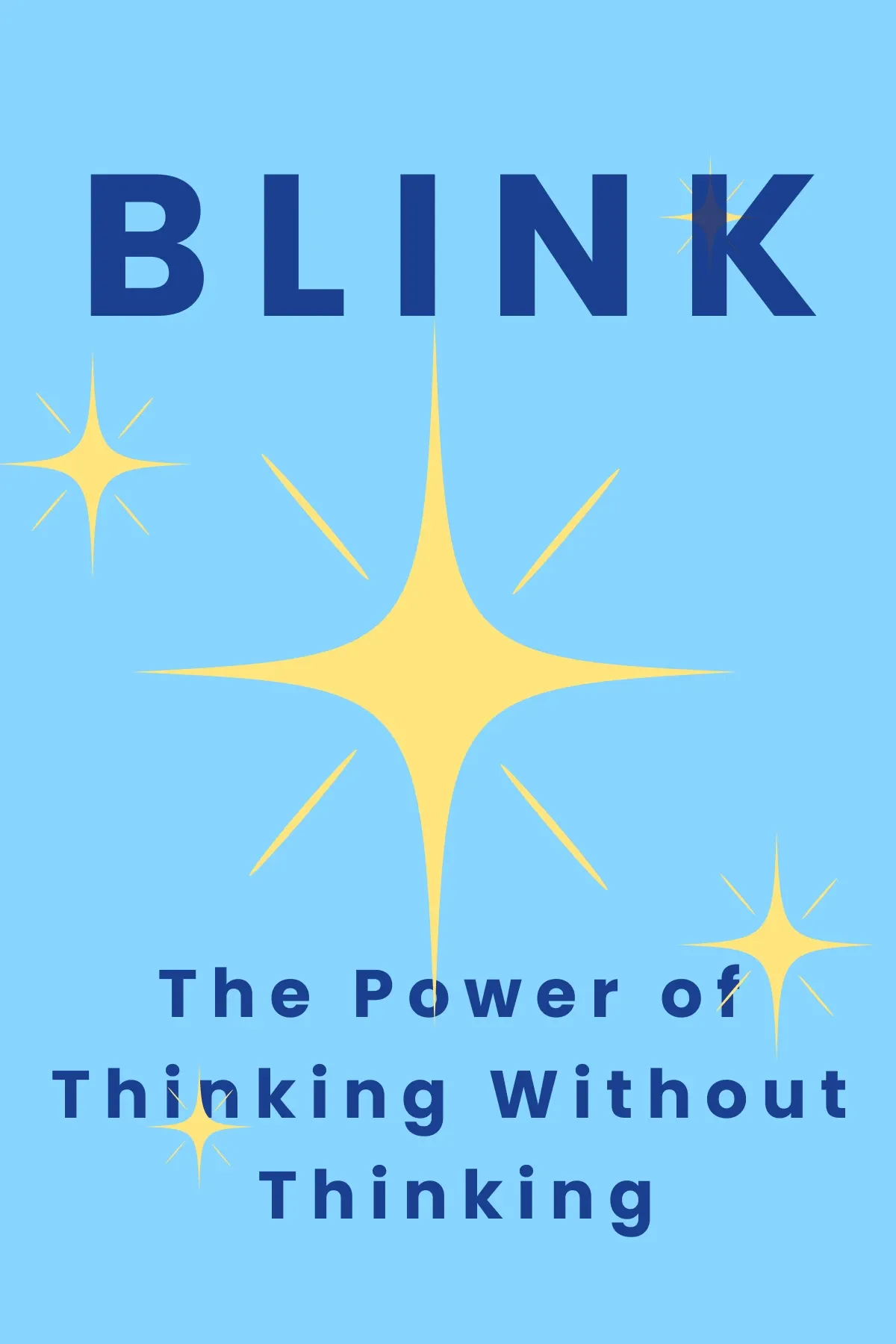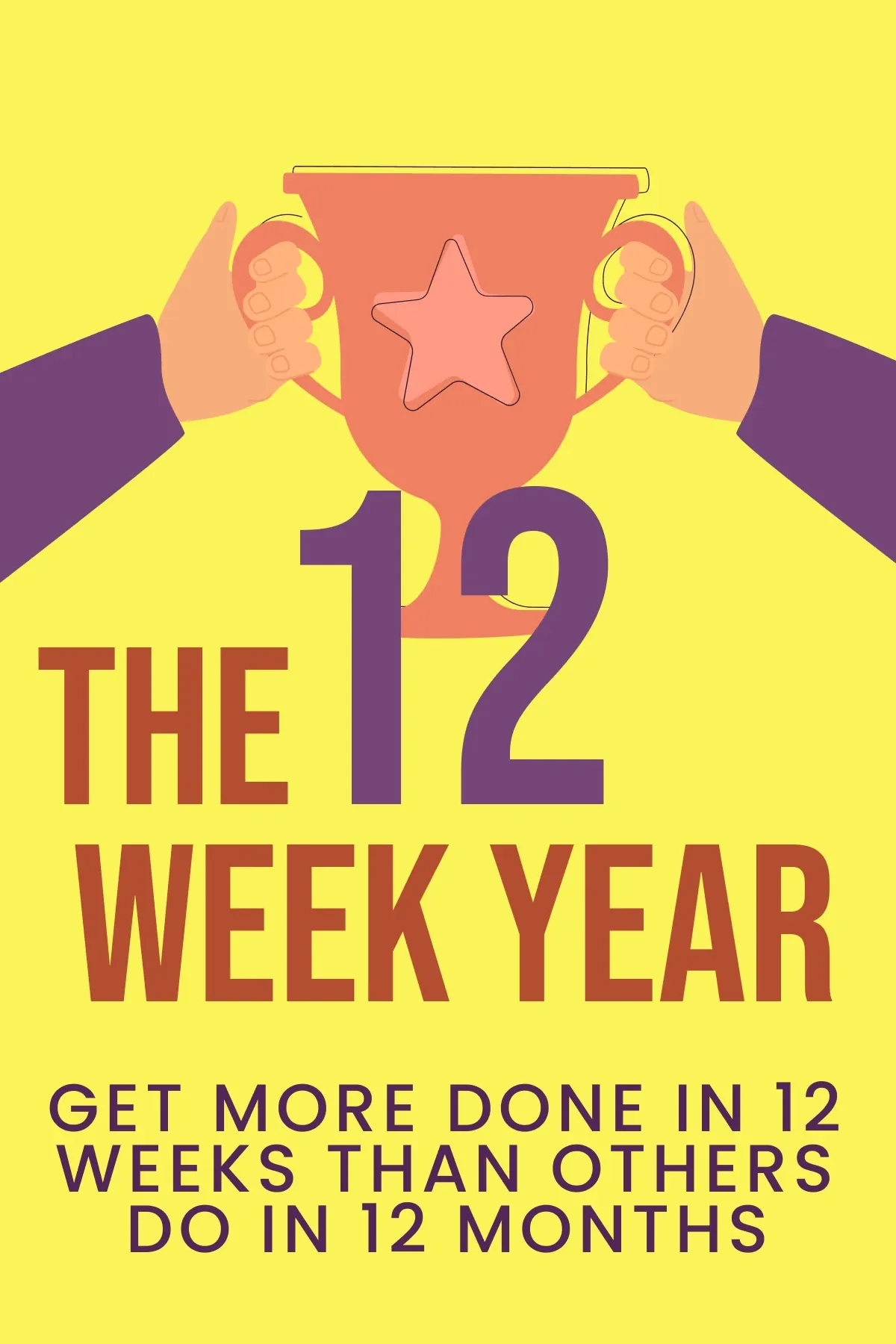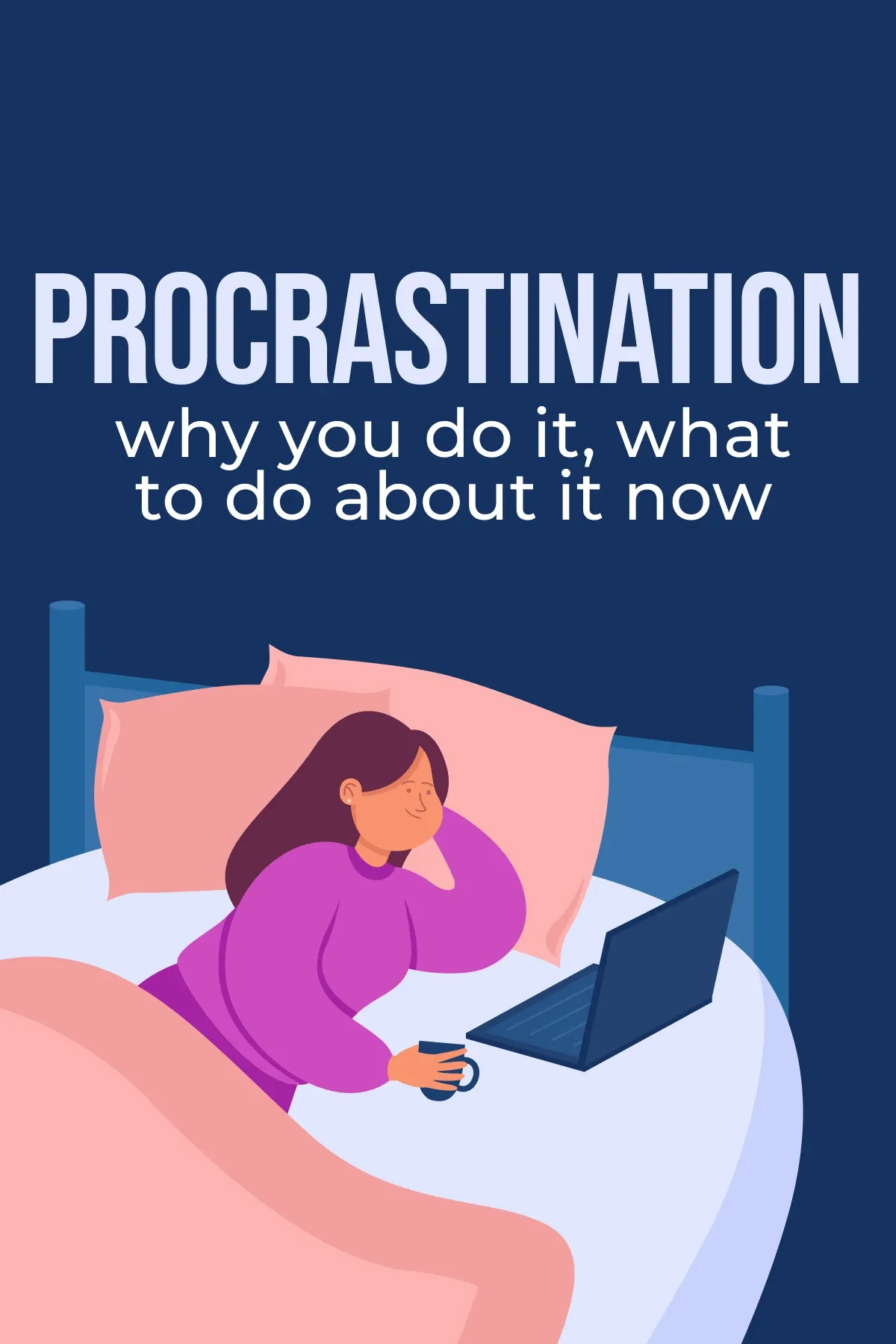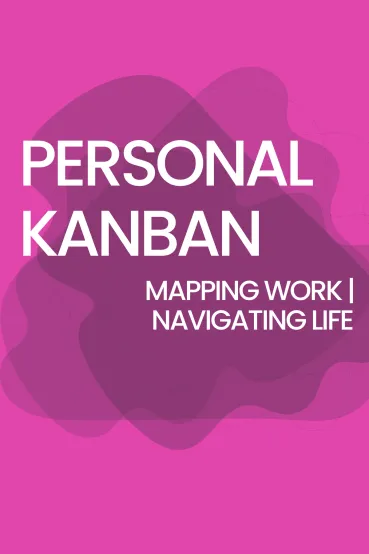
Personal Kanban
Brief Summary
“Personal Kanban: Mapping Work, Navigating Life,” by Jim Benson and Tonianne DeMaria, is a practical guide that offers valuable insights into effectively managing both work and life. Whether you're seeking to streamline your workflow, overcome challenges, or enhance personal growth, add the concept of Personal Kanban to your life.
Key points
Key idea 1 of 7
Work-life balance is crucial when it comes to maintaining a stress-free lifestyle. Even though our work life goes hand in hand with our private one, we need to learn to divide our strengths and energy between them. Ideally, both of them are important for you, yet it’s hard to balance in the middle. For example, you jot down your to-do lists daily but find it ridiculous to be reminded to have a date with your significant other. This only leads to overworking, leaving you too exhausted to engage in social activities.
Separating your work and personal lives can also have other consequences. You may have goals like founding your company or practicing a healthier diet. Viewing both aspects of your life independently usually results in you missing out on those goals. To avoid this, you must consider your work and personal lives. For instance, you want to have more financial stability. You can do so by saving just a portion of your income. But to achieve the best result, you must learn to budget effectively and cut down on unnecessary daily expenses.
Once you realize it’s great to plan both aspects of your life, the Personal Kanban steps in. It’s a unique tool that assists you in planning and visualizing your tasks and goals. It also keeps check on your to-do lists, meetings, and different work-related projects. Personal Kanban is adaptable and rule-free but relies on a structure. Like interactive maps, it can guide you, highlight your accomplishments, and set out your future goals. When it comes to Personal Kanban, there are two main rules.
The first rule suggests envisioning your work. It doesn’t only help you feel more in control of your work but also can be an incredible boost. Most of the time, seeing your project in a different light pushes you to make new decisions.
The second rule tells us to restrict our incomplete work. Even if you have a perfectly planned schedule, sometimes the work can get exhausting. That’s when we need to understand that we all have limits to how much work we can handle. Overworking affects the quality of your work and increases your stress level.
Restricting the tasks you need to do helps you to concentrate better and boosts your productivity. Not only that, but you also get more time to get accustomed to some changes and react to them positively.
FAQ
You may also like these summaries


